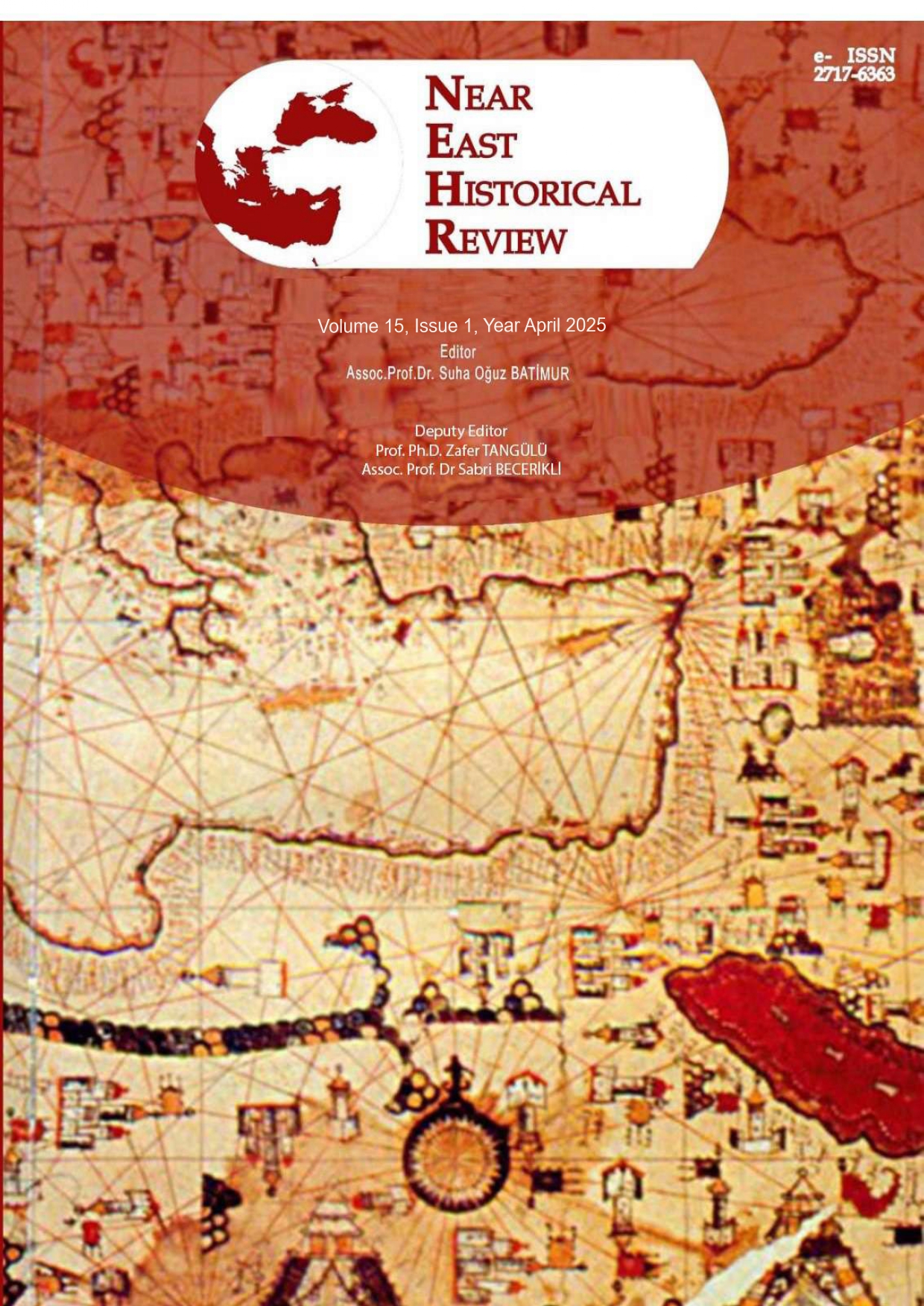Author :
Abstract
Osmanlı Devleti’nde ilmiye sınıfının başını teşkil eden Şeyhülislam, şeriat mahkemelerine ve dini kurumlara nezaret eden en üst mevkideki din adamıdır. Bu makamda bulunan şahsın en temel görevi dinî, siyasî ve idarî konularda bilhassa Hanefi fıkhına göre fetva vermekti. Osmanlılarda bu unvanın ilk olarak ne zaman kullanıldığı hakkında net bir bilgi olmasa da Fatih’in kanunnamesinde sadrazamdan sonraki isim olarak protokoldeki yeri belirtilmiştir. Padişah hocalarının, sadrazamdan önce geldiği bilgisi dikkate alındığında aynı zamanda padişah hocası olan şeyhülislamlar, sultandan sonraki isim olarak zikredilebilir. Şeyhülislamın bulunduğu konum, tesir ettiği alanın genişlemesini ve önemli yetkileri eline almasını sağlamıştır. 16. yüzyıl ortalarında idarî görevlerinde artış olan şeyhülislam, yüzyılın sonlarına doğru devletin siyasî kararlarında da etkin rol oynamıştır. Bu nedenle padişah ve sadrazamlarla her açıdan uyum içinde çalışabilecek ve onların icraatlarını destekleyecek isimler, atamalarda önceliğe sahip olmuşlardır. Bu makamın siyasî otorite ile olan ilişkisi, sadrazamla eş bir rol üstlenmesi zaman zaman yetki çatışmalarına da sebep olmuştur. Mutlak otorite sahibi olan padişahın, zafiyet içinde bulunması idari ve siyasi kararların alınmasında şeyhülislamları daha da ön plana çıkarmıştır. Öyle ki herhangi bir isyanın ortaya çıkması durumunda, padişahın lehine/aleyhine şeyhülislamın vereceği fetva bu makamın gücünü göstermesi açısından dikkate değerdir.
Keywords
Abstract
Shaykh al-Islams, the head of the scientists in the Ottoman Empire, is the highest-ranking cleric who oversees sharia courts and religious institutions. The main duty of the person in this position was to give fatwas on religious, political and administrative issues, especially according to Hanafi jurisprudence. Although there is no clear information about when this title was first used in the Ottomans, its place in the protocol was stated as the name after the grand vizier in Fatih's rule book. Considering the information that the sultan's teachers came before the grand vizier, Shaykh al-Islams, who were also the sultan's teachers, can be mentioned as the names after the sultan. The position of the Shaykh al-Islam enabled him to expand his influence and gain important powers. The Shaykh al-Islam, whose administrative duties increased in the mid-16th century, also played an active role in the political decisions of the state towards the end of the century. For this reason, people who could work in harmony with the sultan and grand viziers in every aspect and support their actions had priority in appointments. The relationship of this office with the political authority and its role as a grand vizier has occasionally led to conflicts of authority. The weakness of the sultan, who had absolute authority, brought the sheikhs al-Islams to the forefront in making administrative and political decisions. So much so that in the event of any rebellion, the fatwa that the sheikhs al-Islam would give in favor of/against the sultan is noteworthy in terms of showing the power of this office.





